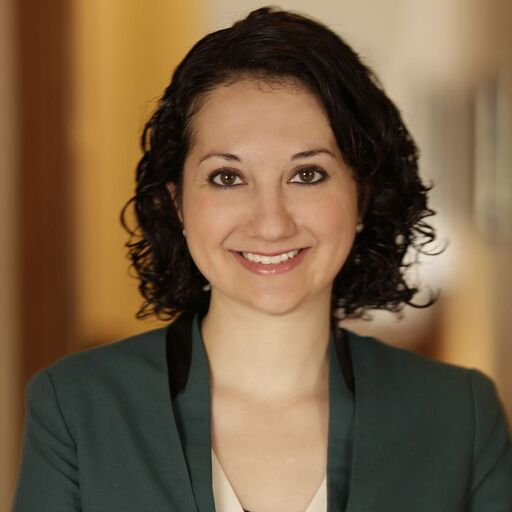A: The new respiratory syncytial virus (RSV) vaccine will be given to pregnant people and passes on RSV immunity to their newborns. RSV is a serious respiratory infection that can cause hospitalization and death in infants. Clinical trials showed a good safety profile.
About RSV and recent outbreaks
RSV is a common respiratory infection that can affect anyone in the population but, like influenza, tends to be a higher risk for infants and people over 65. RSV was in the news cycle around December of 2022, as the winter “triple threat” of COVID, RSV, and flu overwhelmed hospitals across the country. In most people, RSV will present similarly to a cold, but in infants and older adults, it can cause dangerous lower respiratory infections and, ultimately, difficulty breathing, which can lead to hospitalization and sometimes death.
About the vaccines
There are currently two subtypes of the RSV vaccine, one that was just approved by the FDA and another awaiting approval:
✳️ Arexvy, a single-dose shot for adults aged 60 and over made by GSK was approved on May 3, 2023, by the FDA.
✳️ A Pfizer vaccine given to pregnant people meant to confer immunity to newborns under 6 months. This vaccine is awaiting an FDA decision, likely coming this summer.
In clinical trials, the Pfizer vaccine for pregnant people had 81.8% efficacy against severe lower respiratory infection in the first 90 days of a newborn’s life and 69.4% efficacy for the first 6 months of life. Efficacy refers to the reduction in the risk of getting the disease in the group receiving the vaccine compared to the group receiving the placebo in the clinical trial.
The GSK vaccine had 83% efficacy against lower respiratory tract illness caused by RSV in the over-60 population.
So far, protection from the vaccines seems to hold up for at least a year, but more data are needed to know how long-lasting the effects of the vaccine are over multiple years and whether boosters will be needed.
RSV vaccine safety
Overall, both vaccines seem very safe. The risk of side effects was very low in both the pregnant and over-60 populations. Two potential safety signals arose from the clinical trials:
✳️ There was one case of Guillain-Barre Syndrome in the GSK clinical trials that may or may not have been linked to the vaccine. FDA advisors think this link is questionable and do not think there is a great risk of this rare neurological disease developing after vaccination in most people. There is also another vaccine candidate from Pfizer for people over age 60 awaiting approval. There were two trial participants out of 20,000 who developed Guillain-Barre Syndrome. In both cases, symptoms resolved after several weeks. Guillain-Barre Syndrome is listed as a possible adverse effect to many vaccines, including the flu vaccine, but it is a relatively rare occurrence.
✳️ There were no clear safety issues in the trial of pregnant people receiving the Pfizer vaccine, though as always safety will continue to be monitored closely in the months and years following the vaccine’s approval and release.
Effective RSV vaccines will bring us a long way in avoiding serious infections and hospitalizations in the winter months. It is estimated that RSV leads to somewhere between 58,000 and 80,000 hospitalizations in children under age 5 each year in the U.S. These new vaccine candidates represent a major breakthrough in the difficult process of trying to find safe and effective prevention for this sometimes serious illness. As always, talk to your clinician about your eligibility for these vaccines in the coming months and any questions or concerns you may have.
Love,
Those Nerdy Girls
Further Resources:
FDA’s news release about the recently approved vaccine for those 60 and older
Summary of the efficacy and safety profile of the vaccine candidate for pregnant people


